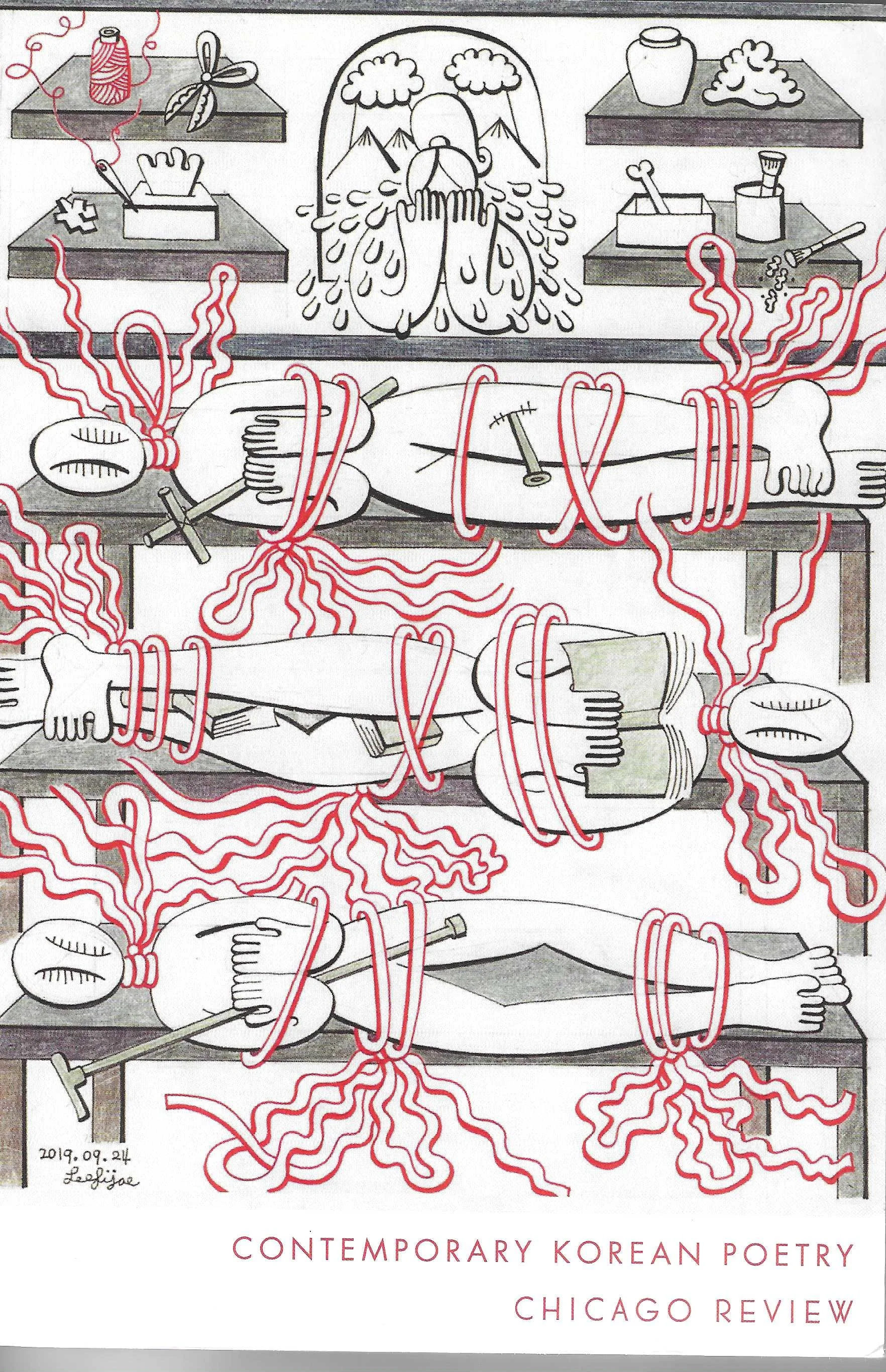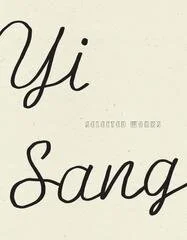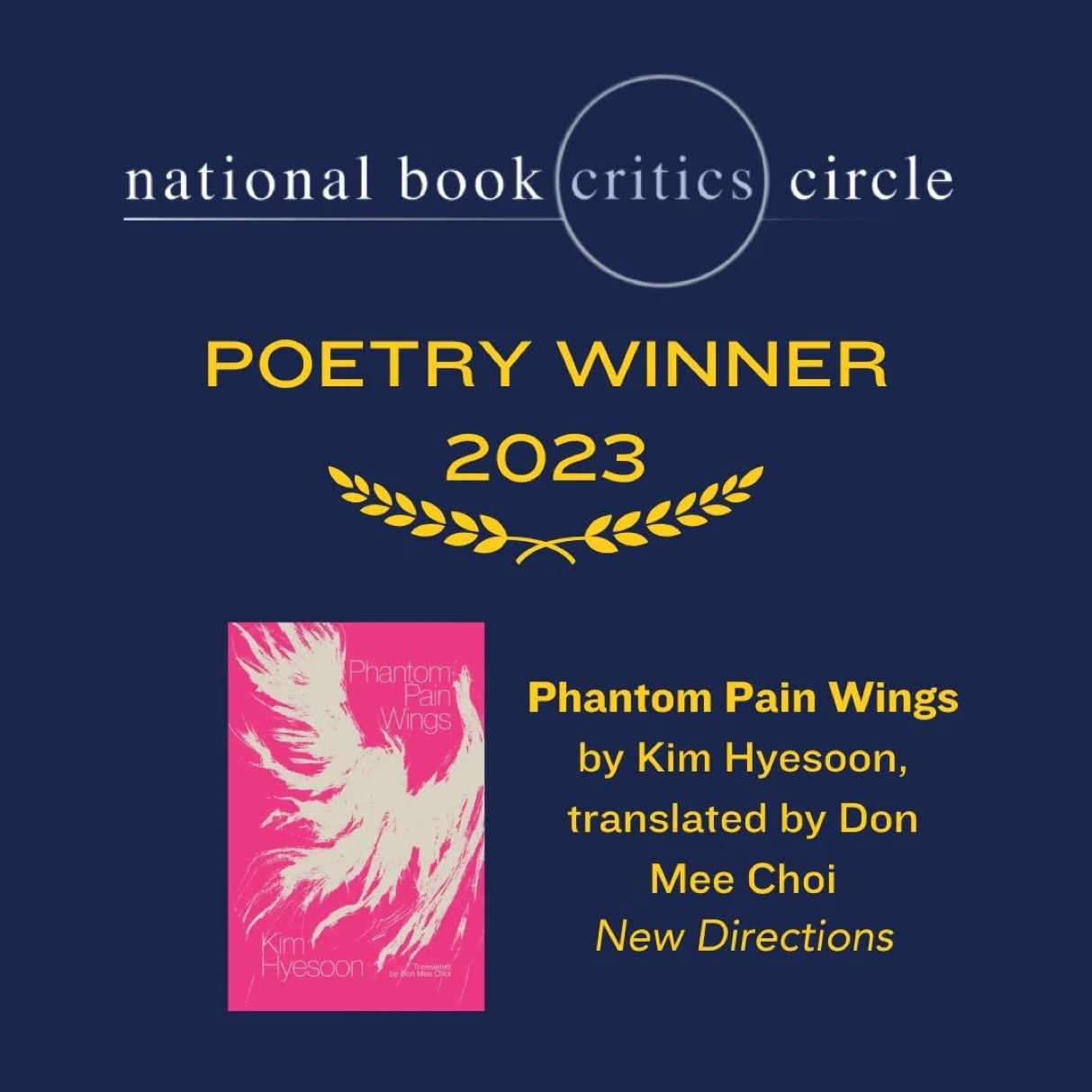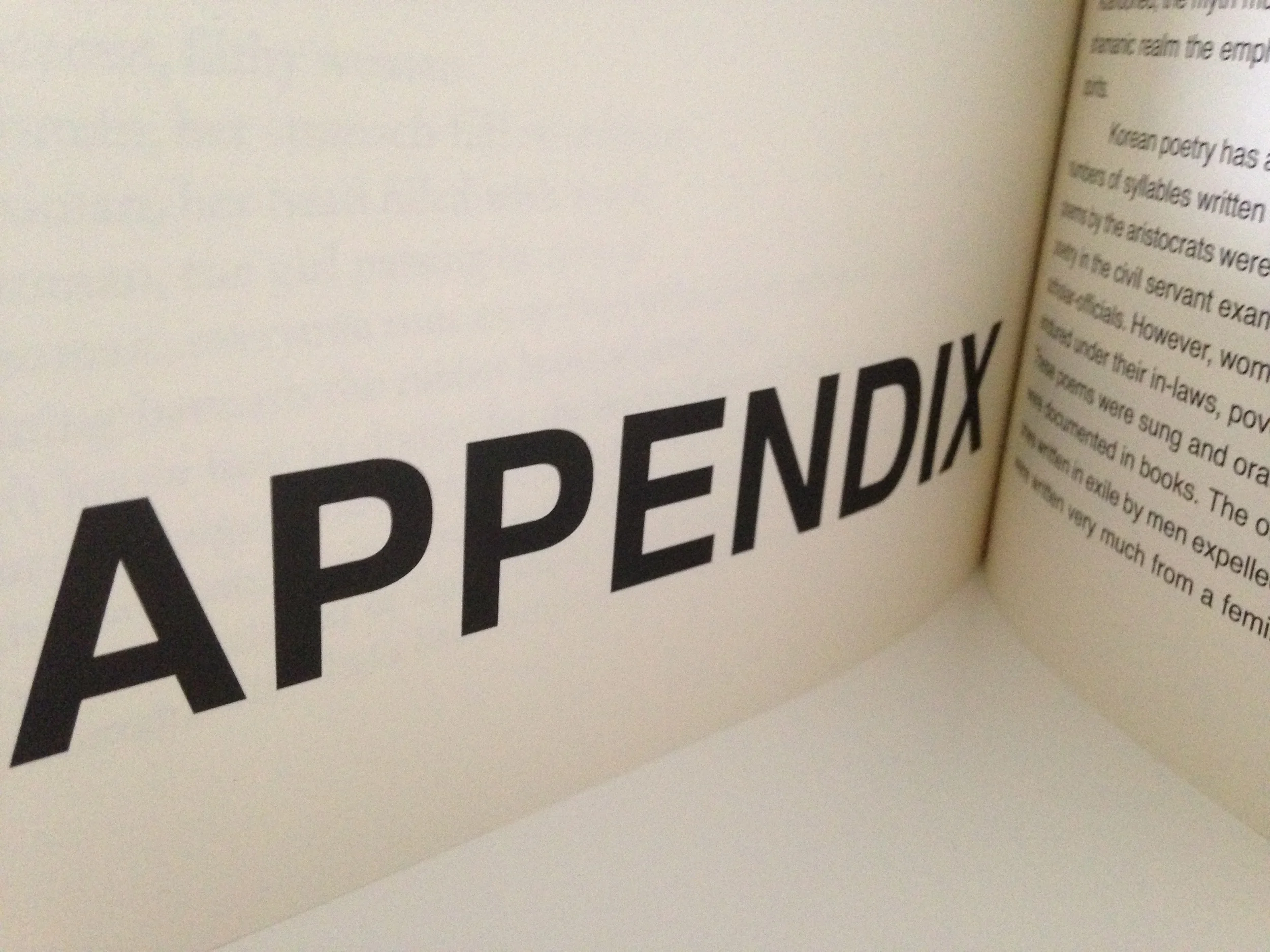PHANTOM PAIN WINGS Poetry by Kim Hyesoon
Translated by Don Mee Choi, New Directions 2023
UK & Europe: And Other Stories, 2024
2023 WINNER OF NBCC Award in POETRY
*
“Kim’s new translated work, “Phantom Pain Wings,” is heavy with birds and verbs. “It’s an I-do-bird sequence,” Kim writes. As the second book in her death trilogy, it responds to the loss of her father and the traumas of his generation: colonization, war, and economic development at all costs.” — in “Kim Hyesoon’s Animal Obsessions” by E. Tammy Kim, The New Yorker July 2023
*
To read Kim’s Phantom Pain Wings is to enter a parallel world in which the agonies of a rigidly gendered society are exteriorized and animated, stripped of polite society decorum, transformed into a faintly ridiculous yet vicious parable of talking animals, such as a sadistic, mansplaining owl, and interiorized again as a stationary figure, violated and sightless, “a female owl perched on a female tree,” the aggrieved inversion of Minerva’s owl of wisdom and night vision. -- David Woo, On the Seawall May 2024
*
“Her poetics also invest in boredom, frustration, and repetition, in the way that life at its most repetitive may most adroitly harbor certain death. To try to describe her work is to try to create a paradigm in which to understand it when, like Roland Barthes’s neutral, the work constantly undoes the paradigm.” — Youna Kwak, “Death Inside Poetry,” Poetry Foundation, April 2023
*
“To describe the negatively-charged galactic glamor of Kim Hyesoon's poetry, pulsating in Don Mee Choi's fiberoptic (English) robe, is a difficult task for those raised in the anhedonic supermarket aisles of US poetry. This is because Kim Hyesoon's work mobilizes a cosmology of icons that Western, and most other, literary cultures reject: garbage, cooking odors, hair, holes, pigs, rats. Such anti-icons—associated with the feminine, the domestic, animals, and illness—rise as rich, ambivalent phenomena in her night sky: subliminal, profuse, in motion, blacked out.” — Joyelle McSweeney, “How I Became a Rat,” Poetry Foundation April 2023
*
“Bird Rider, you have made a most painful descent. When I hear you I hear the pattern of mourning as well as the pattern of regeneration. The beating of absent wings in transgression. Hope to die and stick a needle in my eye. Listening to your weeping. Seeing your death sentence, over and over. Please write soon. I’ll look for you in the updraft.” — Jeffrey Yang, “Dear Bird Rider,” Poetry Foundation April 2023
*
In this vertiginous process of doing bird, what clearly comes to mind is Kim’s resistance to “aboutness” in her writing. There is no way to tell from this poem if she is writing explicitly about a mourner, a shaman, a bird, a butterfly, or maybe all of them, or none at all. Omitting details in this way, the poem points us to the only thing that is of significance—the very place Kim writes from. Through her poetry of deliberate obfuscation, it is as if Kim is assuring us that she will continue writing from the death-like non-space where grief and pain accumulate, intermingle, and proliferate, no matter what the afflictions entail and who the afflicted are. — Tammy Lee, CHA Journal
*
Winged ventriloquy—a powerful new poetry collection channeling the language of birds by South Korea’s most innovative contemporary writer
“This book is about the realization of / I-thought-bird-was-part-of-me-but-Iwas-part-of-bird sequence / It’s a delayed record of such a sequence.”
An iconic figure in the emergence of feminist poetry in South Korea and now internationally renowned, Kim Hyesoon pushes the poetic envelope into the farthest reaches of the lyric universe. In her new collection, Kim depicts the memory of war trauma and the collective grief of parting through what she calls an “I-do-bird-sequence,” where “Bird-human is the ‘I.’” Her remarkable essay “Bird Rider” explains: “I came to write Phantom Pain Wings after Daddy passed away. I called out for birds endlessly. I wanted to become a translator of bird language. Bird language that flies to places I’ve never been.” What unfolds is an epic sequence of bird ventriloquy exploring the relentless physical and existential struggles against power and gendered violence in “the eternal void of grief” (Victoria Chang, The New York Times Magazine). Through intensely rhythmic lines marked by visual puns and words that crash together and then fly away as one, Kim mixes traditional folklore and mythology with contemporary psychodramatic realities as she taps into a cremation ceremony, the legacies of Rimbaud and Yi Sang, a film by Agnès Varda, Francis Bacon’s portrait of Pope Innocent X, cyclones, a princess trapped in a hospital, and more. A simultaneity of voices and identities rises and falls, existing and exiting on their delayed wings of pain. — New Directions






























